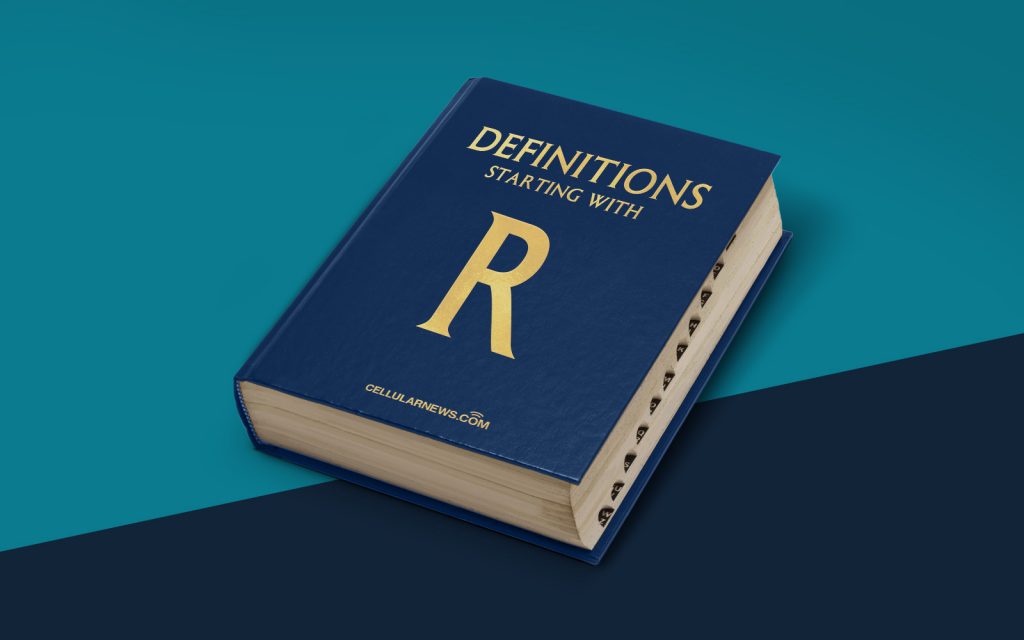
What is a Request for Proposal (RFP)?
Have you ever wondered how businesses choose the right vendors or suppliers for a project? Enter the Request for Proposal (RFP), a crucial document that helps organizations find the perfect match. In this blog post, we will unlock the mysteries of an RFP and give you a comprehensive understanding of what it entails. So, let’s dive in and demystify the concept!
Key Takeaways:
- An RFP is a formal request sent by organizations to potential vendors, seeking their proposals and solutions for a specific project or service.
- It serves as a valuable tool for businesses to compare proposals, evaluate vendors, and make an informed decision.
Unveiling the RFP:
A Request for Proposal (RFP) is essentially a structured document that organizations create when they need to outsource a project or seek services from external vendors. It outlines the scope of work, requirements, and expectations from vendors, allowing them to submit comprehensive proposals.
When organizations are ready to initiate a new project or service, they typically create an RFP that outlines the details and specifications of what they are looking for. This document is then distributed amongst potential vendors who would be interested in bidding for the project. Vendors, in turn, evaluate the requirements and propose their solutions, pricing, timelines, and other relevant details.
Key Elements of an RFP:
While the elements of an RFP may vary depending on the organization and industry, here are some common components you can expect to find:
- Introduction: This section provides a brief overview of the project and its objectives. It sets the tone for the proposal and introduces the organization to potential vendors.
- Project Overview: This part delves deeper into the project details, including the goals, timelines, scope, and any specific requirements that vendors should be aware of.
- Technical Specifications: Here, organizations outline the technical requirements, standards, and any software/hardware preferences for the project.
- Budget and Pricing: Organizations may specify their budget or ask vendors to provide pricing details for their proposed solutions. This helps businesses assess cost-effectiveness and feasibility.
- Evaluation Criteria: This section informs vendors about the evaluation process and the key factors that will be considered while assessing the proposals. It may include criteria such as experience, expertise, pricing, references, and more.
- Timeline: An RFP usually includes the timeline for the selection process, such as proposal submission dates, review periods, and final decision deadlines.
- Contact Information: Organizations include the names and contact details of the individuals responsible for managing the RFP process. This ensures smooth communication between the organization and potential vendors.
Why are RFPs Important?
The use of RFPs is prevalent in various industries, including IT, construction, marketing, and professional services. Here are a few reasons why RFPs are considered vital in the procurement process:
- Transparency: RFPs enable organizations to clearly communicate their expectations, requirements, and evaluation criteria to potential vendors, ensuring transparency throughout the selection process.
- Comparative Analysis: By receiving proposals from multiple vendors, organizations can compare their offerings, approaches, and pricing models. This allows for an objective evaluation based on the company’s unique needs.
- Efficiency and Time-Saving: RFPs provide a structured framework that streamlines the process of vendor selection. It saves time by eliminating the need to individually approach vendors and seek information.
- Vendor Accountability: The RFP process provides a foundation for holding vendors accountable for delivering as per the proposed solutions, timelines, and pricing.
Now that you’ve unlocked the secrets of an RFP, you can better understand its significance in the procurement process. RFPs help organizations find the right partners for their projects, and by doing so, contribute to their success.
Next time you hear the term “Request for Proposal,” you’ll have a clear picture of what it entails and appreciate its role in driving business decisions. So, whether you’re on the vendor side or seeking services, you can navigate the world of RFPs with confidence!
